Roquetes (Tarragona), 17th of November of 2015 -- Next December, the Ebro Observatory (Ramon Llull University – Spanish National Research Council) will celebrate the 20th anniversary of its presence in Antarctica, with the start of this year's Antarctic campaign in the Spanish Antarctic Base Juan Carlos I.
The main novelty of this campaign lies in carrying out preliminary work for the installation of a new instrument which, within a year, will automatically perform the absolute geomagnetic measurements. Currently these measures are taken manually, which limits them to the campaign periods. Full automation of the records will allow having absolute measurements all year round.
In addition, the campaign will be used to perform common tasks of recovering data that has been collected automatically during the austral winter of 2015 and to carry out the necessary maintenance and calibration of instrumentation. The campaign will be divided into two phases: the first will be covered by Miquel Ibañez and the second by Javier Carmona.
The activities of Ebro Observatory in Antarctica began in late 1995 with the installation of the pillars and huts that had to house an automatic geomagnetic observatory. Observatory instruments were installed in the following year, in December 1996. Since then, the instruments have been providing continuous record of geomagnetic field changes at the remote site, forming one of the most comprehensive series of historical Spanish polar research data.
The observatory has been expanded and modernized progresively. First, it added the ability to transmit the data automatically via satellite and, more recently, in collaboration with a group of engineers from La Salle (Universitat Ramon Llull) the transmission of the same data by radio, by multiple ionospheric rebound, has been tested, which is a major challenge in the field of telecommunications. In the 2004-2005 campaign a vertical incidence ionospheric sounder was installed. This instrument allows to study the state of the Earth's ionosphere in the geographic area next to the instrument.
The main objective of the Observatory of the Ebro in the Spanish Antarctic Base Juan Carlos I is to ensure the continuous record of the Earth's magnetic field and ionospheric record. Due to the lack of observations in a remote place like Antarctica, the continuous recording of these magnitudes allows us to contribute to a better understanding of that environment, enabling the development of numerous scientific and technical studies, which would not have been possible without these data. These studies are of great scientific interest, since these regions record part of the main effects of the relationship between the solar wind and the terrestrial magnetosphere and ionosphere.
This campaign is possible thanks to the financing obtained through a collaboration agreement between Ramon Llull University and the Geological and Mining Institute of Spain in support to the Spanish Polar Comittee, in order to assure the continuity of the historical time series, and also thanks to the project CTM2014-52182-C3-1-P of the «Programa Estatal de Fomento de la Investigación Científica y Técnica de Excelencia». The project started in January 2015 and will finish in December 2017.
The Ebro Observatory is a foundation dedicated to research, observation and research in the field of geophysics. It was founded in 1904 and is located in Roquetes (Tarragona). The Observatory is a university institute of the Universitat Ramon Llull and it is linked to the Spanish National Council of Research (CSIC). At its Board, in addition to the two institutions mentioned above, are also represented the State Meteorological Agency (AEMET), the Society of Jesus, the municipalities of Roquetes and Tortosa, the National Geographic Institute, the Meteorological Service of Catalonia, the Departaments of "Sostenibilitat i Territori" and "Economia i Coneixement" of the Generalitat de Catalunya and the Provincial Council of Tarragona.
Tables and figures with complementary information are available in the Catalan and Spanish versions of this press release.
Contact: Pere Quintana Seguí (Press Officer), 977 500 511,

